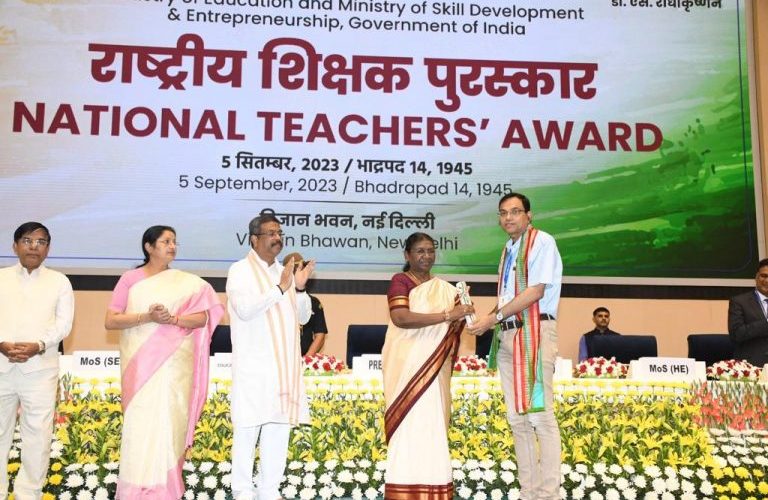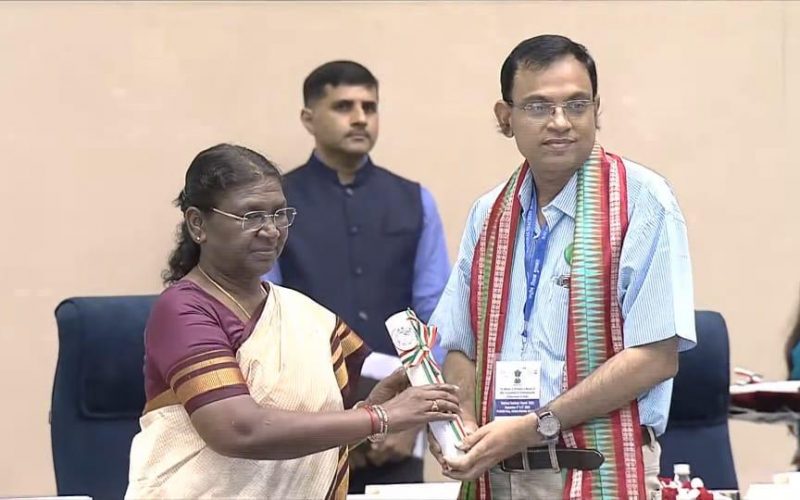
Meet Prof. Suman Chakraborty – A Visionary Innovator Revolutionizing Healthcare
Prof. Suman Chakraborty has recently been awarded the 2026 TWAS Award in Engineering and Computer Sciences by the United Nations Educational, Scientific and Cultural Organization (UNESCO) for his seminal work in micro and nanoscale flows, enabling innovations in diagnostic technologies and improving rural livelihoods and healthcare access for marginalized populations. Prof. Suman Chakraborty is the Institute Chair professor in the Mechanical Engineering Department of the IIT Kharagpur, and a Sir J.C. Bose National Fellow of the Department of Science and Technology of India. Based on his outstanding research contributions, he has also featured in the list of top 100 Researchers…


